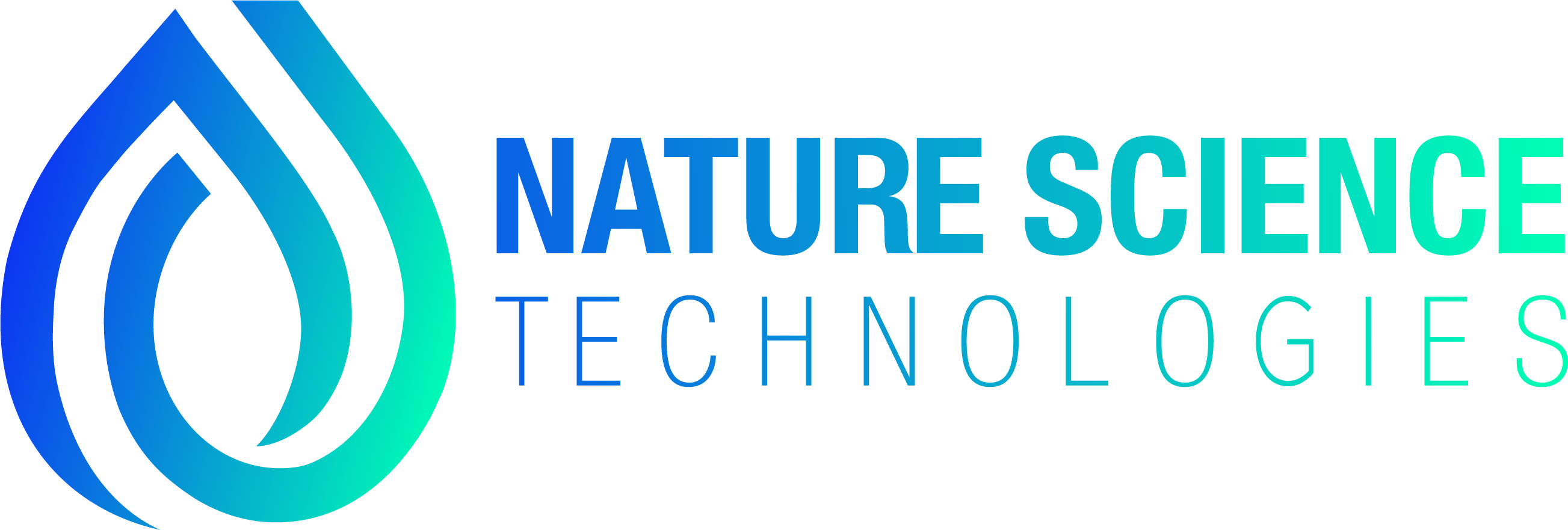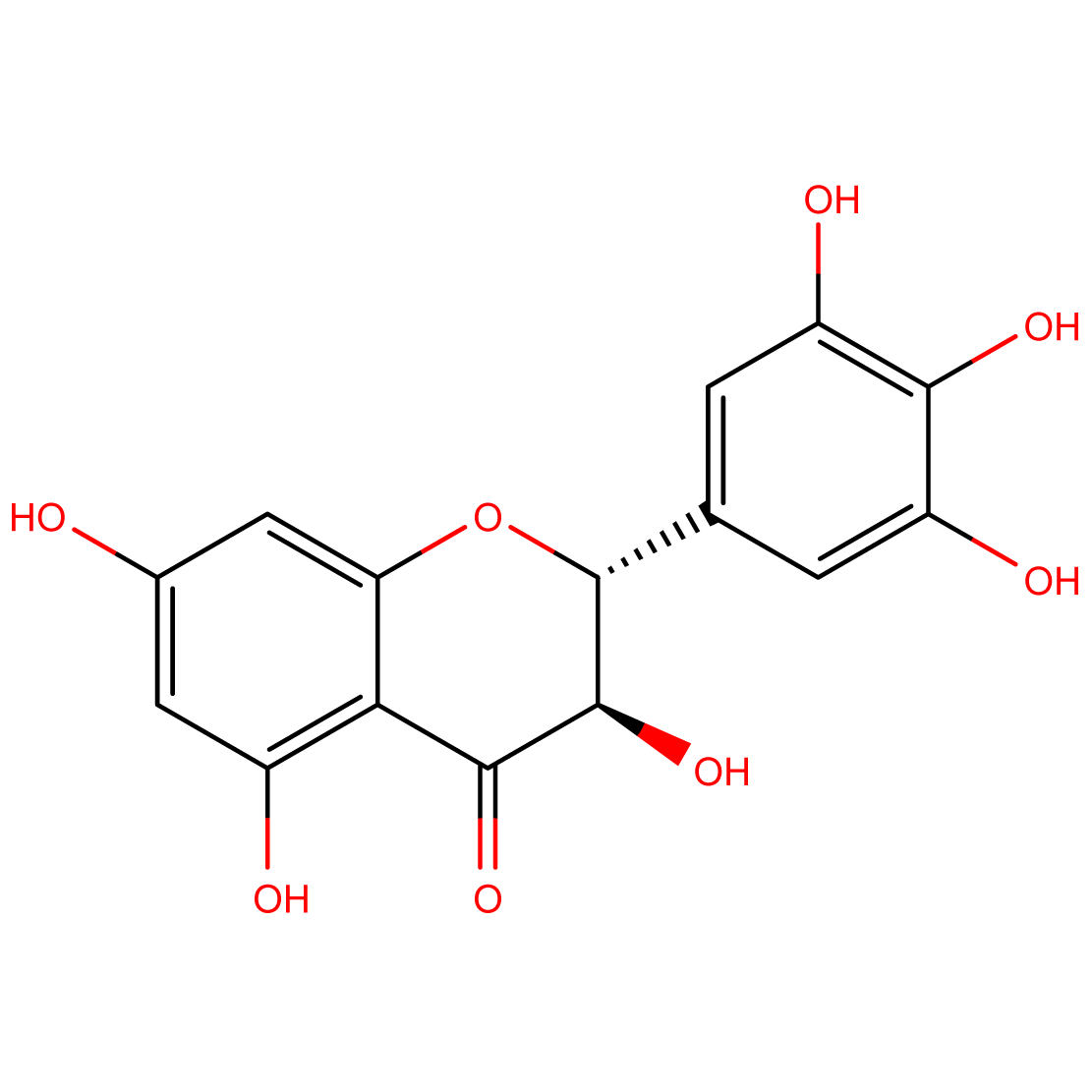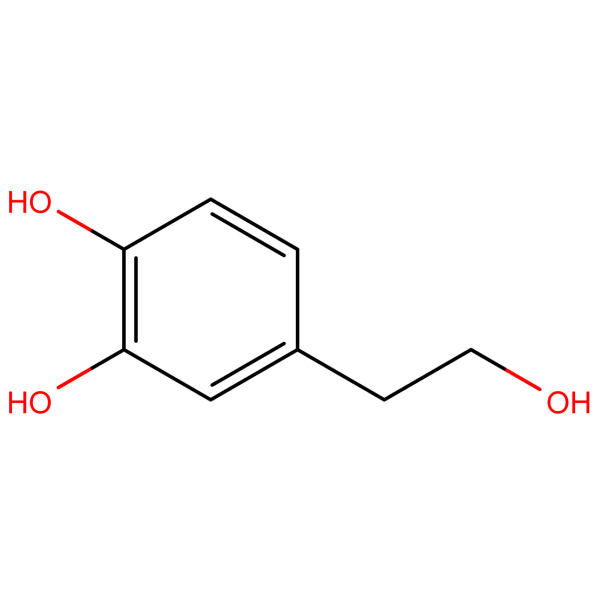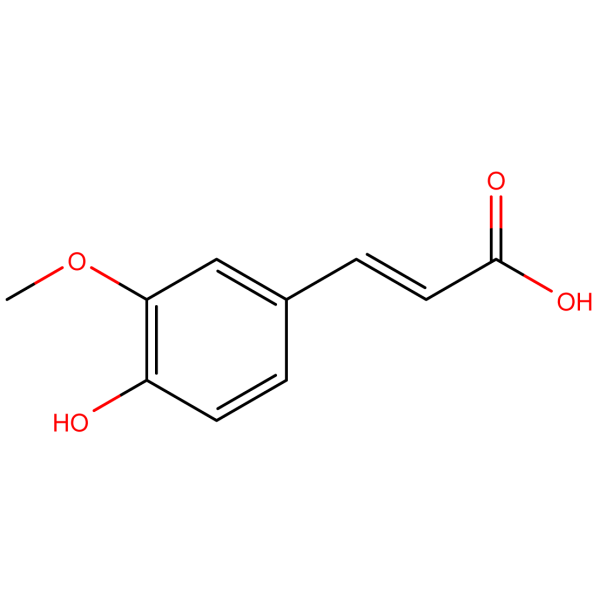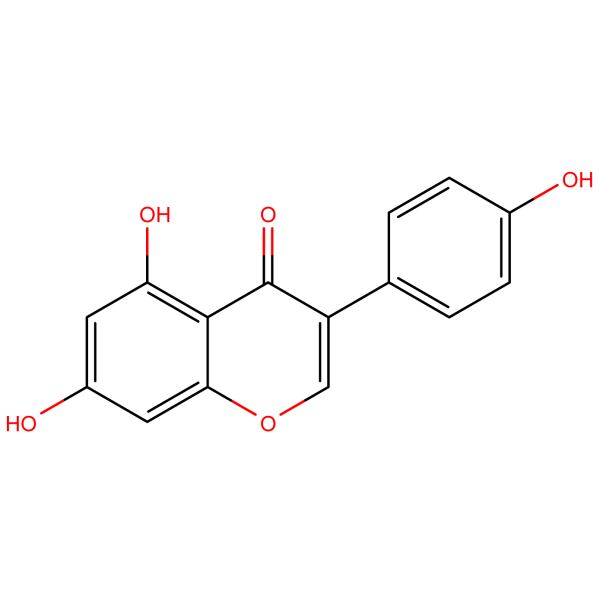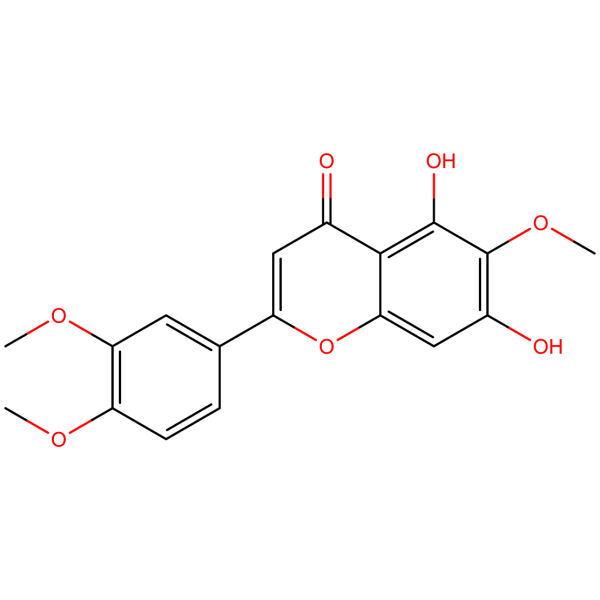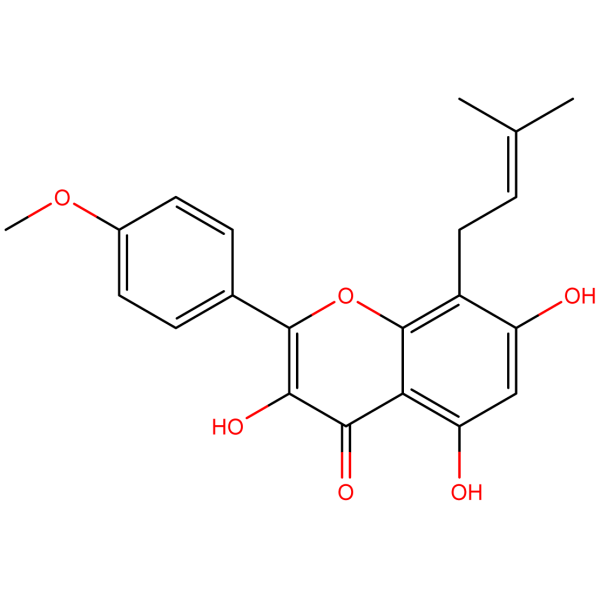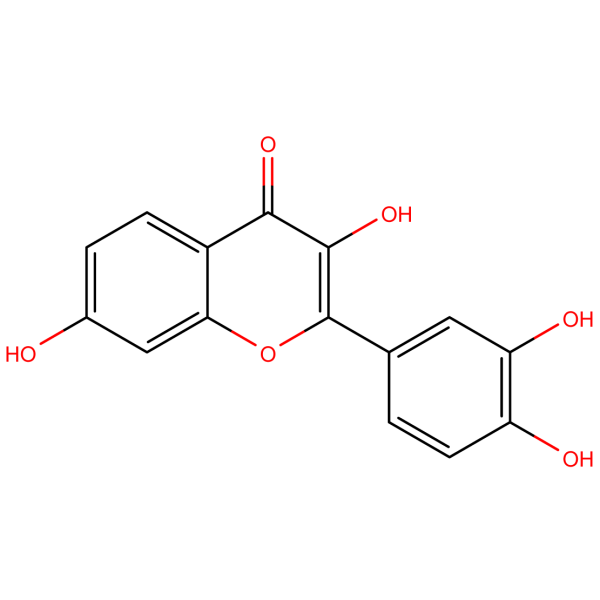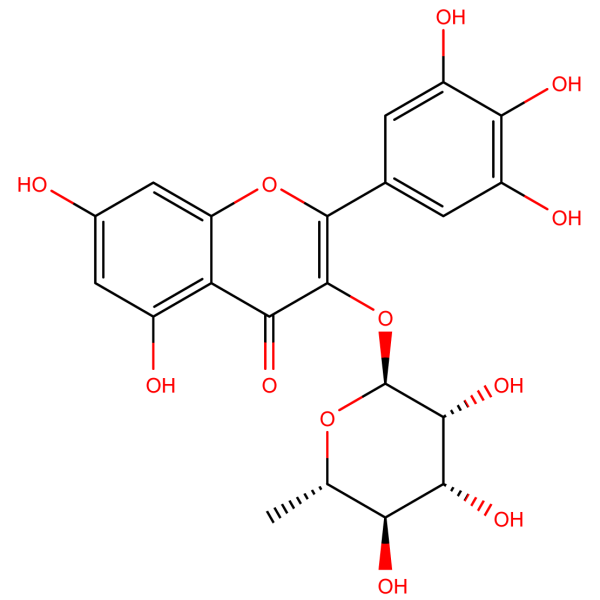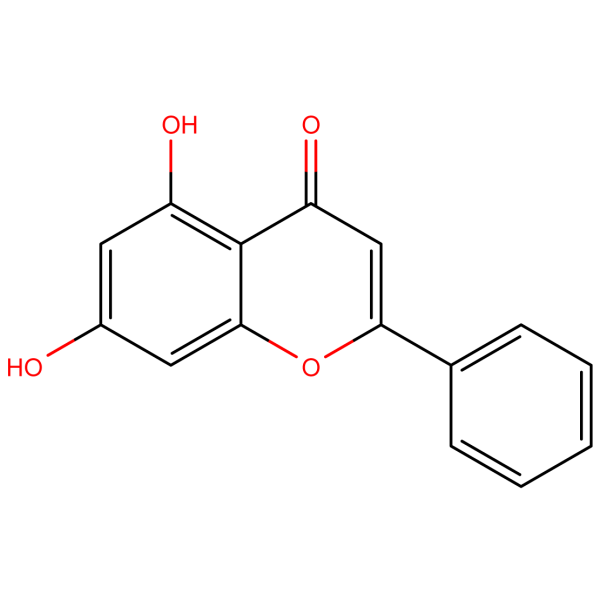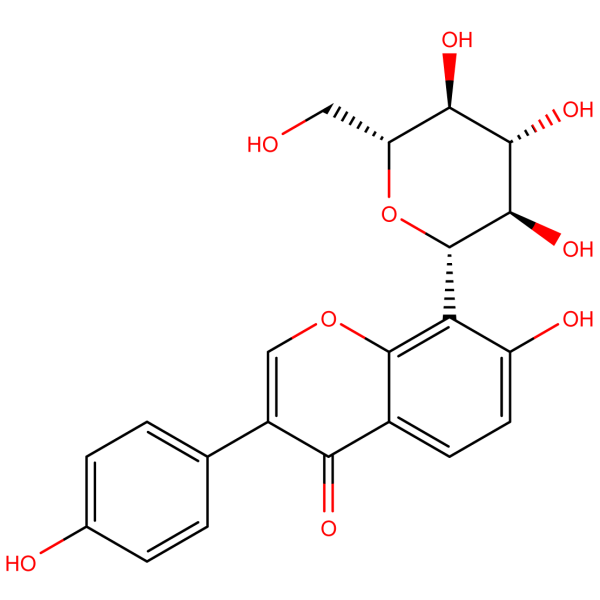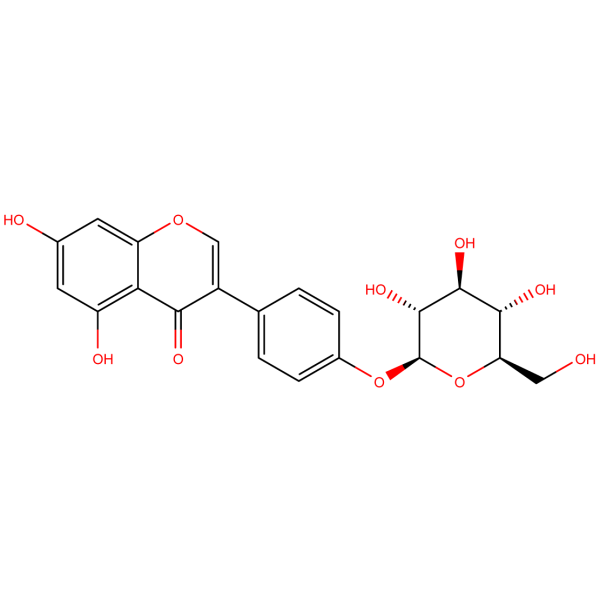Dihydromyricetin: Potent Flavonoid for Advanced Biomedical Research
1. Molecular Identity
- Chemical Name: (2R,3R)-3,5,7-Trihydroxy-2-(3,4,5-trihydroxyphenyl)-2,3-dihydrochromen-4-one
- CAS Number: 27200-12-0
- Molecular Formula: C15H12O8
- Source: Naturally occurring in Ampelopsis grossedentata and other plants
2. Biochemical Significance
Dihydromyricetin, also known as ampelopsin, is a flavonoid with diverse biological activities. Its unique molecular structure contributes to its potential antioxidant, hepatoprotective, and neuroprotective properties, making it a compound of significant interest in pharmaceutical research and nutraceutical studies.
3. Key Properties of Dihydromyricetin
- Antioxidant: Exhibits strong free radical scavenging ability
- Hepatoprotective: Demonstrates potential in protecting liver cells
- Neuroprotective: Shows promise in protecting neuronal cells
- Anti-alcohol: Indicates efficacy in reducing alcohol intoxication and hangover symptoms
4. Potential Research Applications
- Liver disease studies
- Neurodegenerative disorder investigations
- Alcohol use disorder research
- Metabolic syndrome and diabetes studies
5. Current Research Focus
Ongoing studies are investigating Dihydromyricetin’s effects on:
- Oxidative stress markers and antioxidant defense mechanisms
- Liver enzyme activities and hepatic lipid metabolism
- Neuroprotection in models of various brain disorders
- GABA receptor modulation and alcohol metabolism
6. Formulation Challenges and Innovations
Researchers are actively working on:
- Enhancing bioavailability through novel delivery systems
- Developing stable formulations for various applications
- Creating synergistic combinations with other bioactive compounds
7. Regulatory Considerations
Dihydromyricetin (27200-12-0) is primarily used in research settings and as a component in some dietary supplements. Its development for specific therapeutic applications would require comprehensive safety and efficacy evaluations to meet regulatory standards.
8. Future Research Directions
The scientific community anticipates:
- Advanced clinical trials for liver diseases and alcohol use disorders
- Exploration of Dihydromyricetin’s potential in neurodegenerative disease therapies
- Investigation of its mechanisms of action at the molecular level
9. Collaborative Opportunities
We invite hepatologists, neurologists, addiction specialists, and academic institutions to explore the research potential of Dihydromyricetin. For inquiries, collaborations, or to discuss how this compound can benefit your research projects, please contact us at sales@nstchemicals.com.
Join us in advancing biomedical research with Dihydromyricetin – a powerful flavonoid at the forefront of natural product-based therapeutic strategies.
